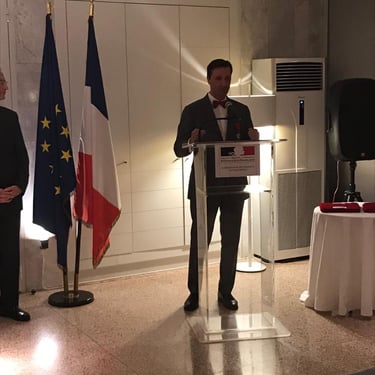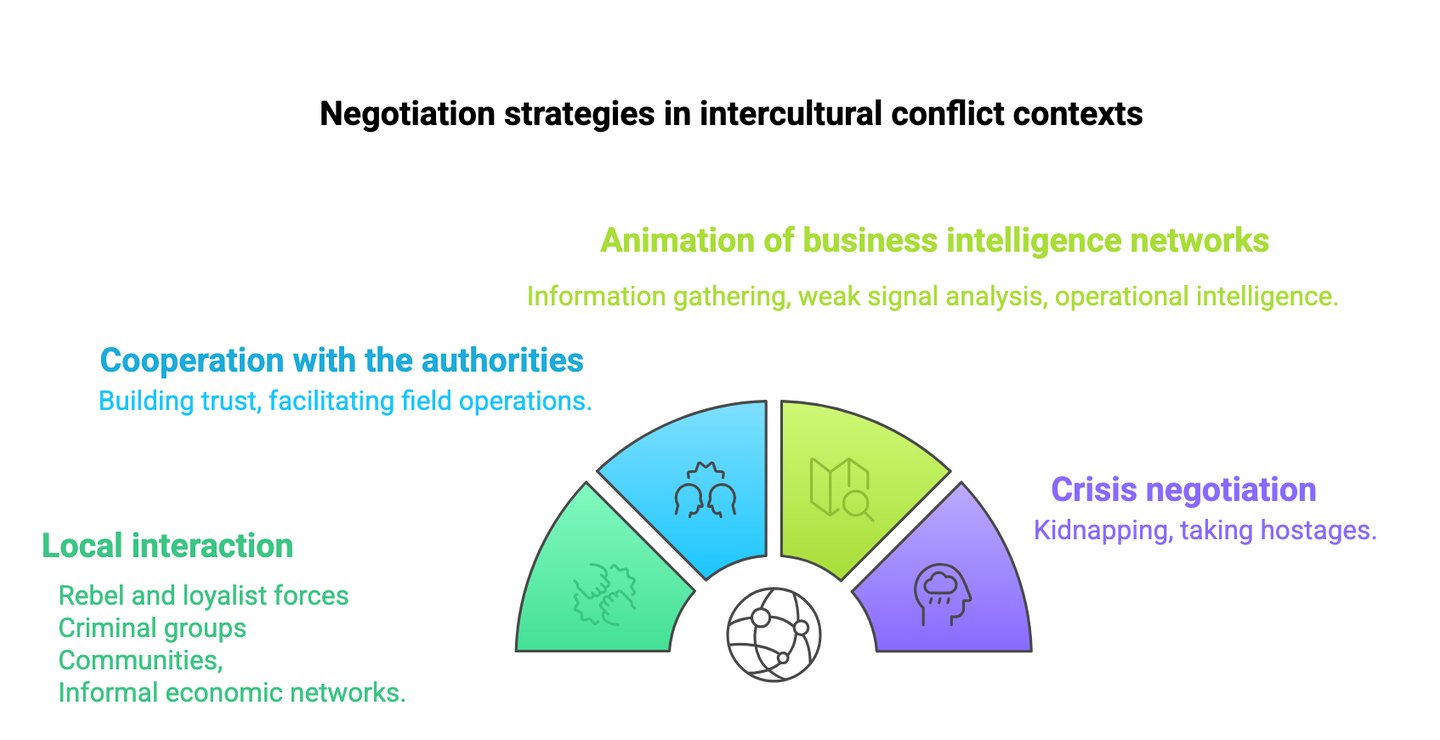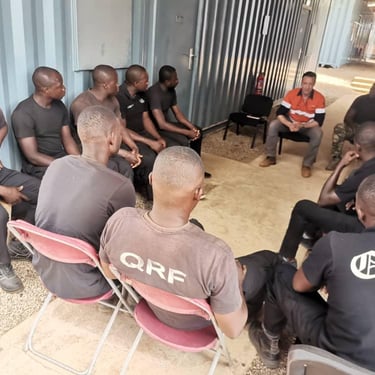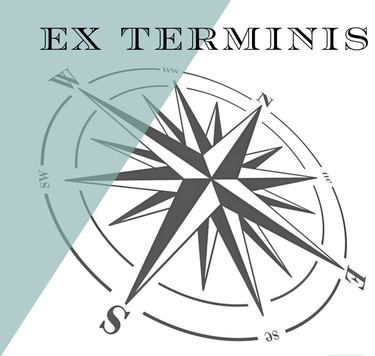Intercultural negotiation
- Building trust-
Intercultural negotiation is rooted in a deep understanding of cultural differences, implicit norms, and communication styles specific to each nation.
Inspired by the work of Geert Hofstede, our approach incorporates key dimensions such as contextual communication, power distance, and uncertainty avoidance. In chaotic and deregulated international environments, Ex Terminis helps clients develop effective relationship strategies, decode their counterparts’ implicit expectations, and adapt their stance to foster cooperation while safeguarding their interests.




When negotiation takes place in a crisis context—hostage-taking, armed conflict—the usual reference points collapse. Traditional approaches no longer suffice: one must deal with heightened emotional stakes, shifting power balances, and decisions that may involve human lives.
The T.I.NA.® model (an acronym for the famous phrase “There Is No Alternative” by Margaret Thatcher, known for her inflexibility) was developed by Jean-Pierre Veyrat, a leading expert in high-stakes negotiation. This model is designed to shift perspective—to see differently what everyone else sees the same. It particularly highlights the critical role of tension in initiating, sustaining, and resolving a negotiation, especially when it takes place in a captive or coercive setting.
It is in such contexts that our collective's expertise becomes a decisive advantage: by combining cultural fluency with strategies tailored to extreme situations, we support our clients in navigating critical negotiations toward controlled outcomes.


One expertise, two approaches
The influence of special operations on our negotiation approach
"At Ex Terminis, intercultural negotiation goes far beyond diplomatic conventions or linguistic adjustments. It is grounded in a sharp understanding of power dynamics, influence games, and manipulation mechanisms that shape conflictual interactions.
As former special forces operators, we learned to decipher human dynamics under pressure, anticipate reactions, and guide decision-making. This unique experience gives us an uncommon perspective: beyond academic frameworks, we have mastered the psychological levers that drive the mechanisms of persuasion."
2. Negotiating in conflict situations
1. The dimensional approach


Ex Terminis
(Beyond Borders)
7 rue du Dragon, 75006 Paris
+33 6 63 49 42 94 - mb@exterminis.fr
